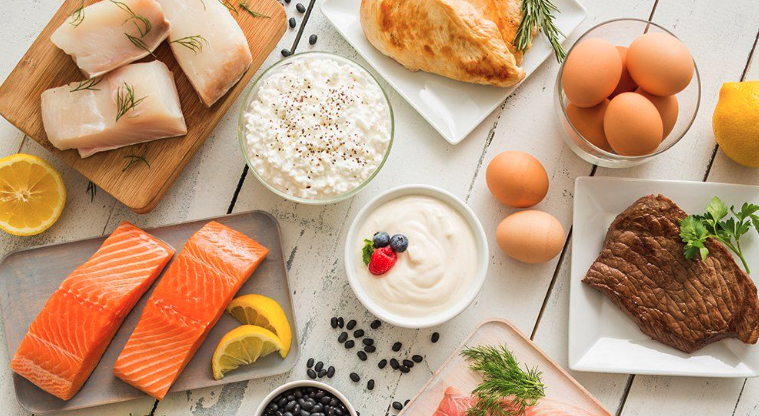In the quest for a balanced and nutritious diet, we often hear about the importance of incorporating lean protein sources into our meals. Protein is one of the three macronutrients, along with carbohydrates and fats, and plays a vital role in maintaining overall health and well-being. In this blog post, we’ll delve into the significance of including lean protein sources with every meal and how they interact with carbs and fats for a wholesome and nourishing diet.
The Power of Protein
Protein is often referred to as the building block of life, and for a good reason. It is essential for a multitude of bodily functions, including the growth and repair of tissues, the production of enzymes and hormones, and the maintenance of a strong immune system. Without adequate protein intake, our bodies simply cannot function optimally.
Balancing Macros
To truly harness the power of nutrition, it’s crucial to achieve a harmonious balance of macronutrients in your meals. Protein, carbohydrates, and fats all serve distinct roles in our bodies, and when combined correctly, they create a sense of fullness, stabilize blood sugar levels, and provide lasting energy.
Protein’s Role in Meal Balance
When you include lean protein sources in your meals, such as lean meats, poultry, fish, tofu, beans, and legumes, you’re not only promoting satiety but also helping to regulate your metabolism. Protein-rich foods take longer to digest, meaning they can help you stay full and satisfied for longer periods, reducing the temptation to snack on unhealthy foods.
The Carb-Protein Connection
When carbohydrates and proteins interact in your meals, they create a dynamic duo for energy and muscle recovery. Carbs provide a quick source of energy, while protein ensures that energy is put to good use by aiding muscle repair and growth. This synergy is particularly important for athletes and those who engage in regular physical activity.
Fat’s Role in the Mix
Don’t forget about the importance of dietary fats. Healthy fats, such as those found in avocados, nuts, and olive oil, complement protein and carbohydrates by promoting nutrient absorption and supporting brain health. The right balance of fats can also enhance the flavor and texture of your meals, making them more enjoyable.
Practical Tips
So, how can you ensure that you’re getting the right balance of lean protein, carbohydrates, and fats in your meals? Here are some practical tips:
- Plan Your Meals: Take a moment to think about the balance of macronutrients in your meals. Aim for a variety of lean proteins, complex carbohydrates, and healthy fats.
- Portion Control: Be mindful of portion sizes to avoid overloading on any one macronutrient. Use a plate or container as a visual guide.
- Snack Smart: Choose protein-rich snacks like Greek yogurt, nuts, or hummus with veggies to keep your energy levels stable throughout the day.
- Experiment with Recipes: Get creative with your cooking. Explore new recipes that incorporate lean proteins, whole grains, and healthy fats to keep your meals exciting and nutritious.
The importance of eating lean protein sources with every meal cannot be overstated. Protein plays a vital role in our overall health and well-being, and when combined with carbohydrates and fats in the right proportions, it creates a balanced and nourishing diet. So, make an effort to include lean proteins in your meals, and watch your energy levels and overall health soar. Your body will thank you for it!

By: Coach Garrett
